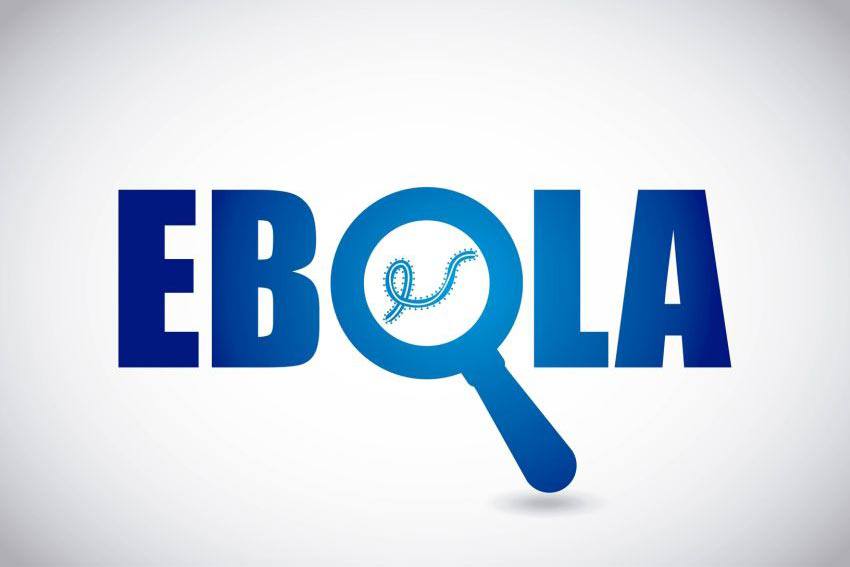Why travellers prefer Blue Cross
- Canada's #1 travel insurance brand and recognized worldwide
- Over 75 years of expertise in insurance
- $5 million travel insurance coverage, with or without deductible
- Flexible and affordable travel insurance solutions
- Free quote available online
- Travel assistance available 24/7 for any emergency, anywhere you travel

Common myths and misconceptions about Ebola
Published on: October 17, 2014
If you are like most people, you have probably been closely following the news about the Ebola outbreak in West Africa. While many do their best to get the facts straight, a lot of misinformation is circulating about Ebola, how the disease is spread and how to take precautions to avoid becoming infected.
The following information will provide you with facts about common misconceptions about Ebola, how it is spread, signs and symptoms of infection and the preventative actions you can take to protect yourself and your family from contracting the virus.
What you need to know about Ebola
According to the Centers for Disease Control and Prevention,
Ebola is caused by infection with a virus of the family Filoviridae, genus Ebolavirus. There are five identified Ebola virus species, four of which are known to cause disease in humans: Ebola virus (Zaire ebolavirus); Sudan virus (Sudan ebolavirus); Taï Forest virus (Taï Forest ebolavirus, formerly Côte d’Ivoire ebolavirus); and Bundibugyo virus (Bundibugyo ebolavirus). The fifth, Reston virus (Reston ebolavirus), has caused disease in nonhuman primates, but not in humans.
Here are some other important facts about the disease:
- It was first discovered in 1976 near the Ebola River in the Democratic Republic of Congo
- Researchers believe the virus is animal-borne, and bats are likely the carrier
- Ebola can cause disease in humans as well as primates, such as monkeys, gorillas and chimpanzees
- The 2014 West Africa outbreak is the largest in history
- An experimental Ebola vaccine is currently being developed and tested in Canada
- As of this writing, there have been no confirmed cases of Ebola in Canada
How Ebola is spread
Ebola can be spread in the following ways:
- Through direct contact
- Through broken skin and sores or mucous membranes (eyes, nose, mouth)
- Through blood and other bodily fluids
- Through contaminated objects, such as used needles and syringes
- Victims are most infectious at death
Signs and symptoms of Ebola
There are a series of symptoms that are common among Ebola patients, including fever, severe headache, muscle pain, diarrhea, vomiting, general weakness, stomach pain, unusual bleeding and bruising.
It can take a couple of days to three weeks after exposure to the virus for symptoms to appear. On average, symptoms appear after about one week.
Important note: there are many other ailments that can cause these symptoms. If you notice any of these, seek medical attention.
7 myths and misconceptions about Ebola
The follow information is NOT TRUE about the Ebola virus:
- Ebola is airborne and water-borne: You cannot catch the virus through air or water.
- Ebola is spread through casual contact: Ebola is spread when the bodily fluids of an infected person come in contact with the mucous membranes of a non-infected person.
- Ebola is spread by mosquitoes and bugs: There is currently no evidence to suggest insects can be carriers of the disease.
- If you catch Ebola, you will die: With proper medical attention and a strong response from your immune system, you can recover.
- If you beat Ebola, you can still pass the virus to others: You can only pass the virus to others if you have active symptoms.
- Ebola can be treated with antibiotics: Ebola is a virus, so antibiotics are not an effective treatment. Currently, there is no cure or vaccine for the virus.
- The 2014 outbreak is the first: While it is the most current, there have been other outbreaks in Africa in the past.
Ebola prevention 101
The following precautions must be taken to prevent transmission of the Ebola virus from one person to another:
- Stay up-to-date about the latest cases of Ebola
- Know common symptoms of Ebola infection
- Wash your hands with soap and water regularly
- Do not touch people who show symptoms of Ebola
- Do not touch patients confirmed to have Ebola
Source: World Health Organization
Perhaps the most important action for prevention is to educate yourself and your family. Make sure you get your information from reliable sources. Remember that many other illnesses and disorders that share similar symptoms. If you or one of your family members experiences the symptoms similar to those of Ebola, get medical treatment immediately. Most importantly, make sure you are well protected with private health insurance coverage. When sickness strikes, you will have peace of mind knowing that any prescription medication would be covered.
The chance of an Ebola outbreak in Canada is small. Canadian medical officers are prepared to deal with any positive cases of the disease.